Enhancing reading skills Science Worksheets for Ages 6-7
8 filtered results
-
From - To
Discover our curated collection of "Enhancing Reading Skills Science Worksheets" tailored for children aged 6-7. These engaging worksheets blend science concepts with reading comprehension activities, aiming to foster a love for learning in young minds. Packed with vibrant illustrations and easy-to-follow instructions, they boost vocabulary, critical thinking, and reading fluency while exploring exciting scientific topics. Perfect for both home and classroom use, these worksheets encourage independent learning and collaborative discovery. Help your child develop essential reading skills alongside a foundational understanding of the natural world with our enjoyable and educational resources. Empower young learners to explore and succeed!
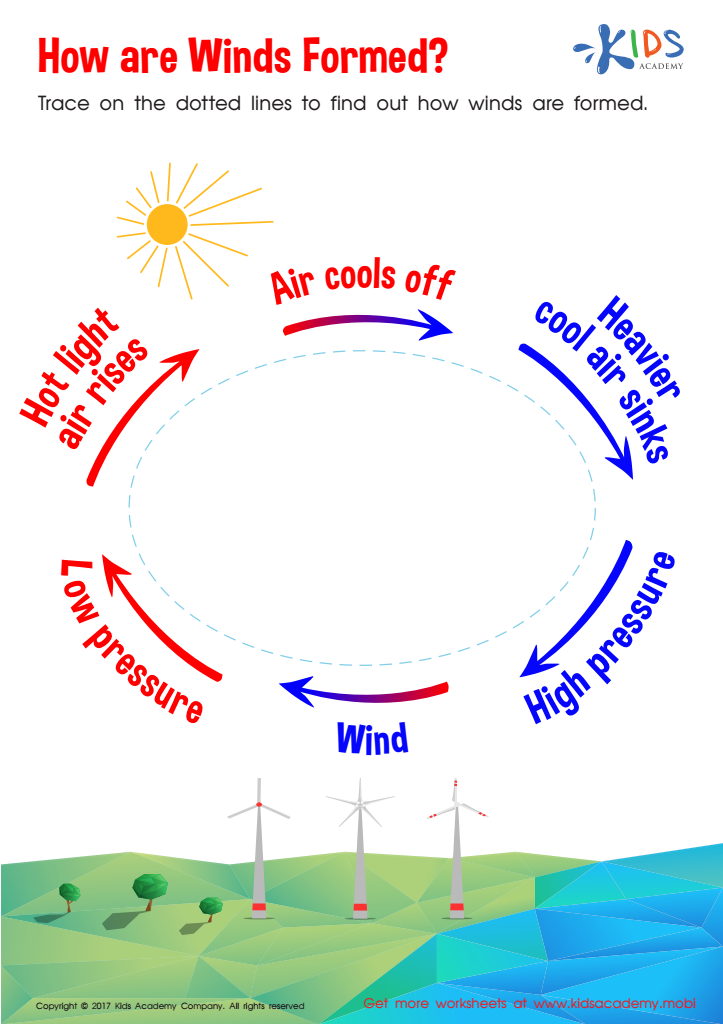

How are Winds Formed? Printable
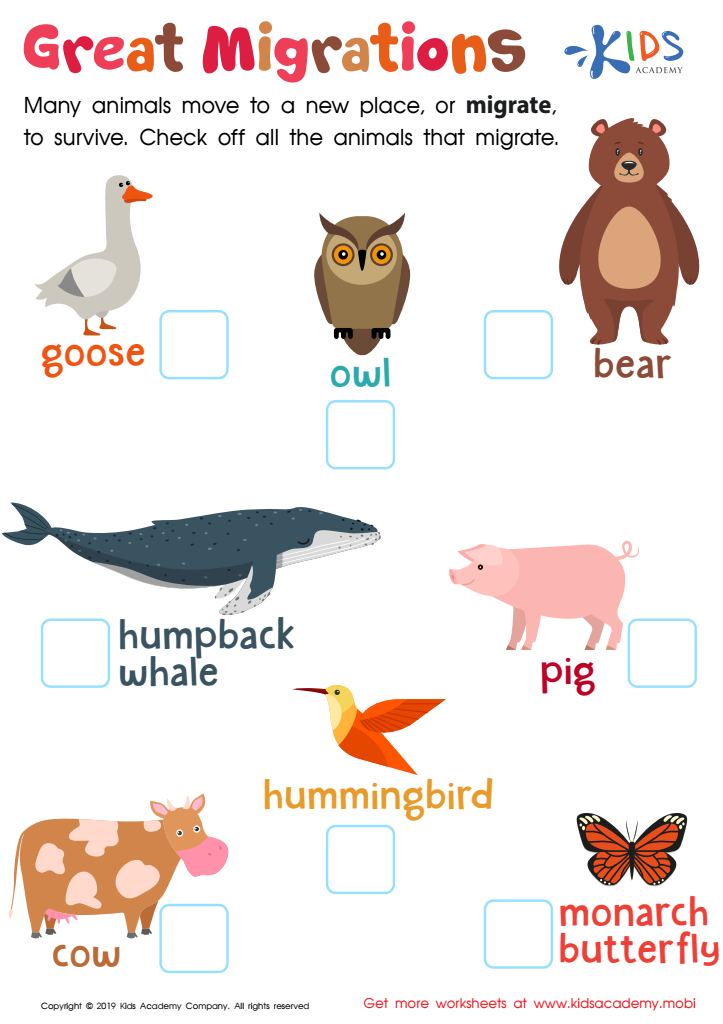

Great Migrations Worksheet
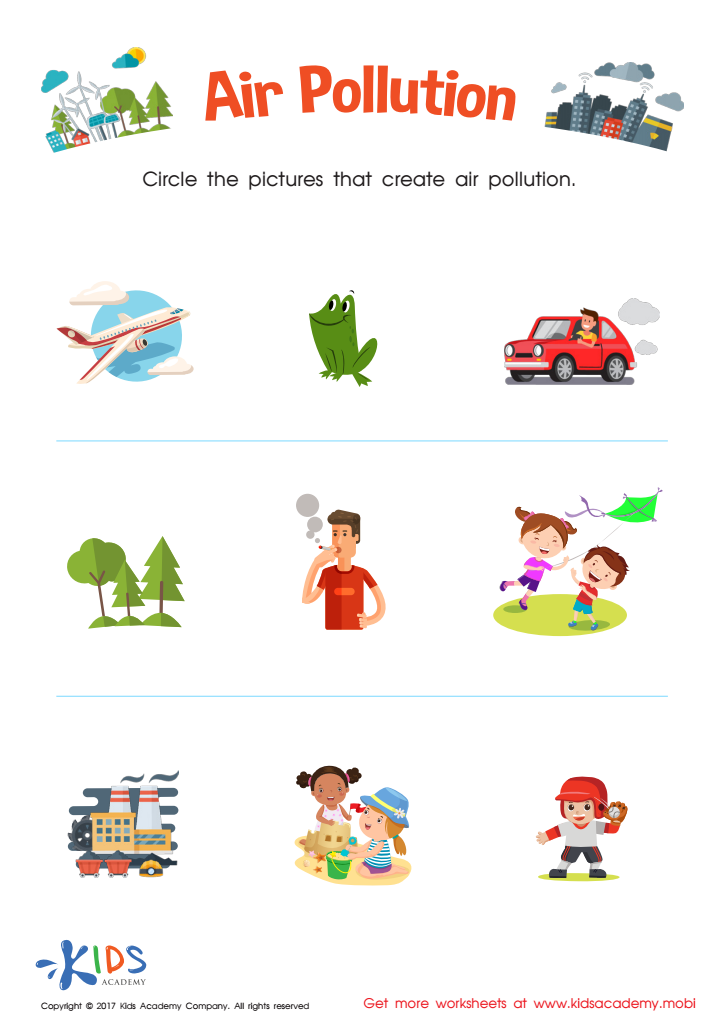

Air Pollution Worksheet
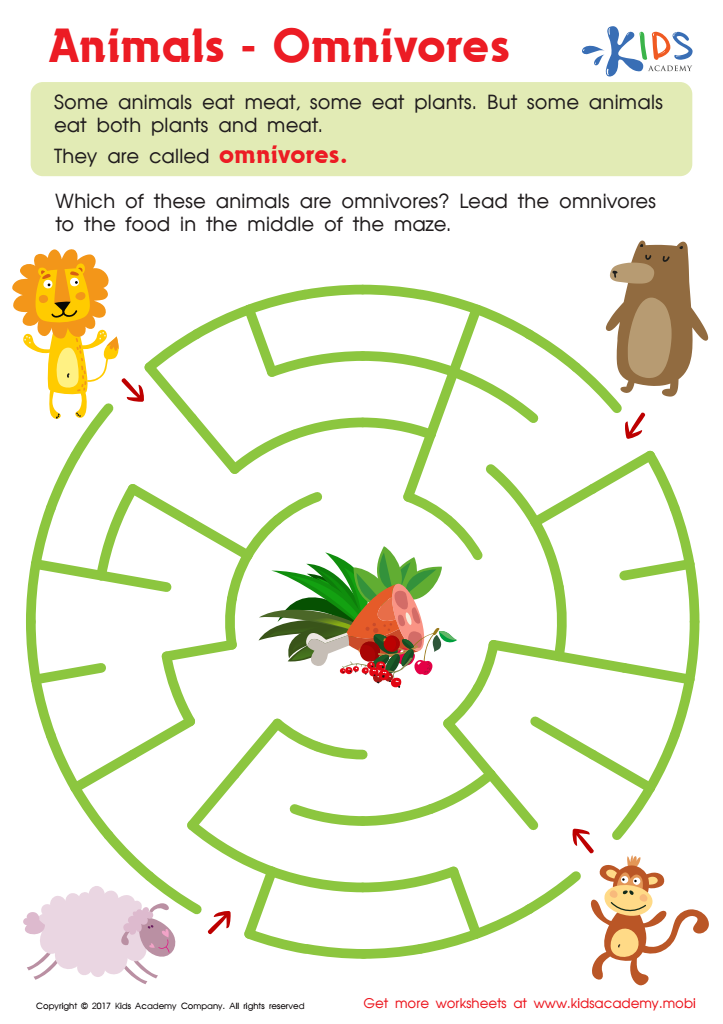

Omnivores Animals Worksheet
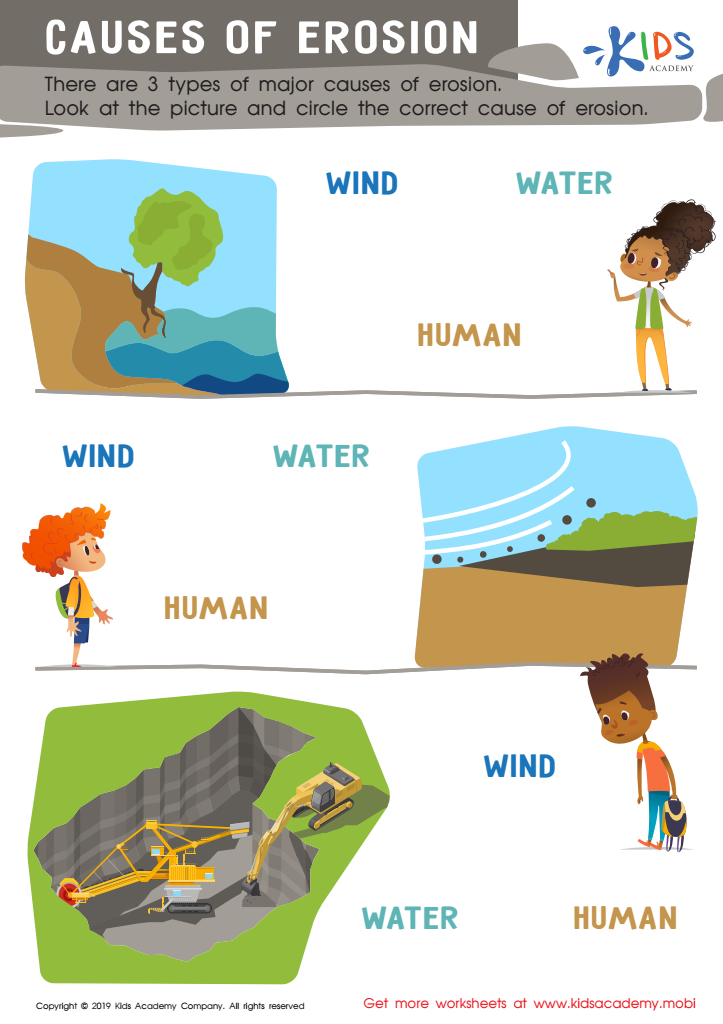

Causes of Erosion Worksheet
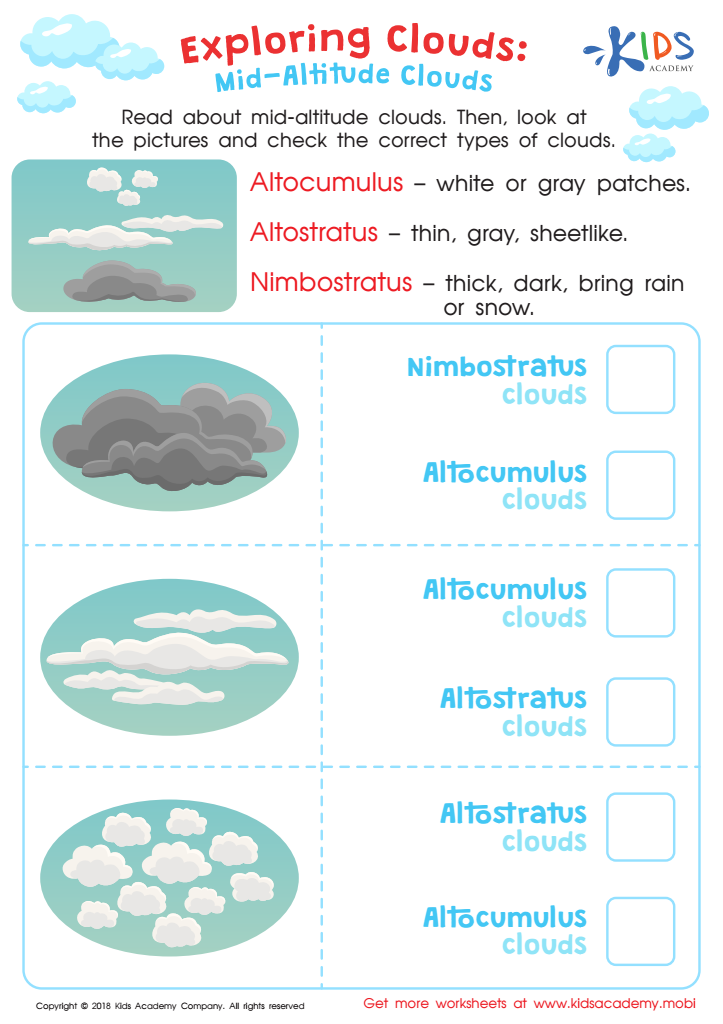

Exploring Clouds: Mid-altitude Clouds Worksheet
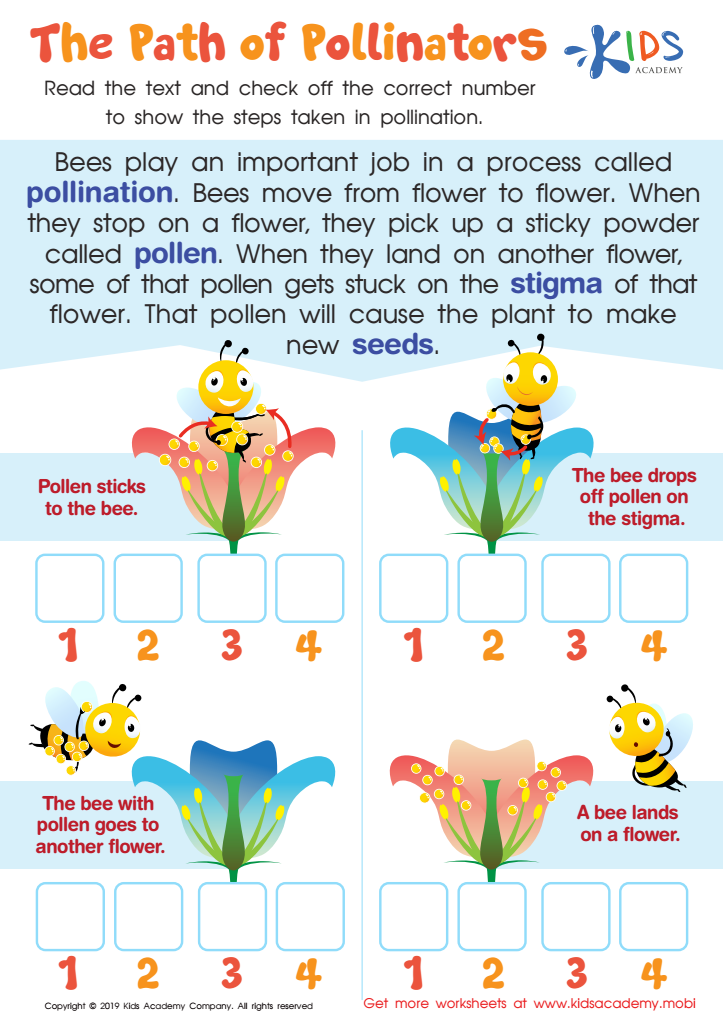

The Path of Pollinators Worksheet
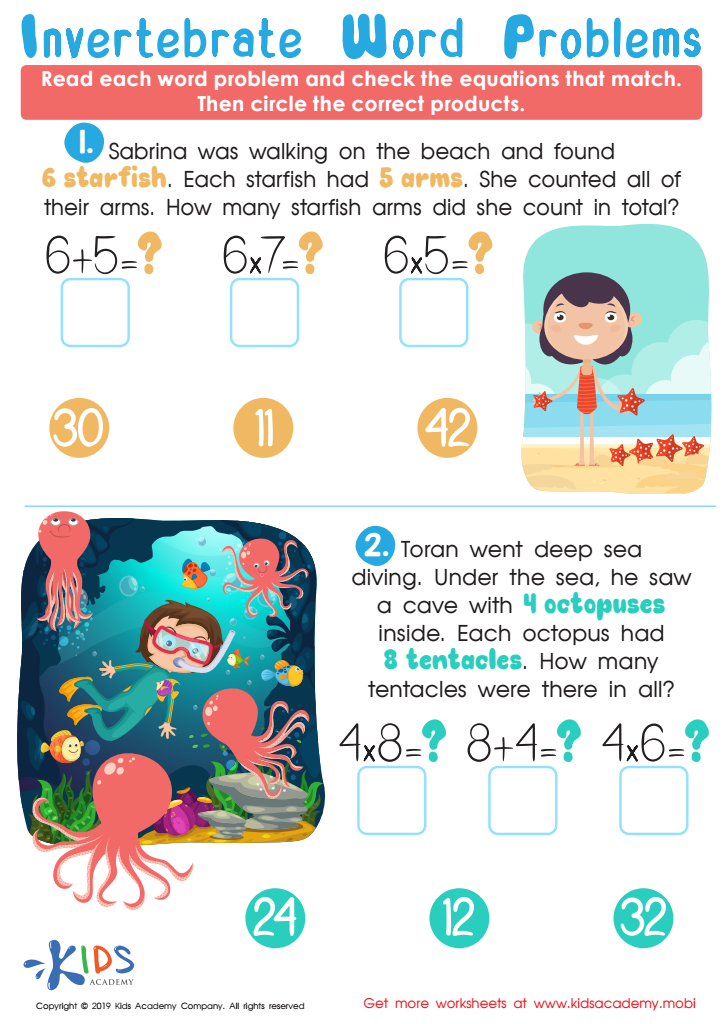

Invertebrate Problems Worksheet
Enhancing reading skills in young children, particularly in the context of science, is crucial for several reasons. First and foremost, reading is foundational to all learning, and developing strong literacy skills at an early age sets the tone for future academic success. For ages 6-7, children are typically in a stage where they can connect reading with real-world concepts. Introducing science-related texts can spark curiosity and foster a love for exploration.
Moreover, reading comprehension is vital for understanding scientific concepts. When children can read and comprehend scientific material, they gain the ability to ask questions, engage in critical thinking, and apply what they learn to everyday life. This not only aids in their academic performance but also cultivates skills that are essential in our increasingly knowledge-based society.
Furthermore, enhancing reading skills through science also supports language development. Young readers enhance their vocabulary and improve grammar, leading to better communication skills. Teachers and parents who prioritize integrating reading and science can encourage inquisitive minds and promote STEM literacy—skills that are increasingly important in today’s job market. Fostering joy in reading and science at this early age lays the groundwork for lifelong learning and intellectual engagement.
 Assign to My Students
Assign to My Students




















